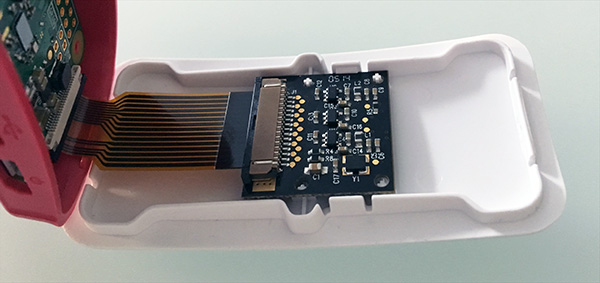

Next cd into the directory and install the dependencies, note that this will probably take a while (it took about 20 minutes for me).

Start by cloning the repository to your Raspberry Pi by running the following command. That should be it for the dependencies, congrats for reaching this point already 👏! Installing the app Run the following commands to install pigpio. This is a library that's internally used by the NodeJS app to communicate with the hardware. This should give a similar output to this. Verify node and npm are installed successfully by running the following commands. Our second dependency is nodejs, run the following commands to install. After you verified the stream is working, cancel by running ctrl+c and move on to the next section. If you followed all above instructions and everything went ok, you should now be able to see the stream when browsing to. mjpg_streamer -i 'input_uvc.so -device /dev/video0 -fps 30 -resolution VGA -quality 65' -o 'output_http.so' Start the camera livestream by running the following command. git clone Ĭd mjpg-streamer/mjpg-streamer-experimental Sudo apt-get install libjpeg8-dev imagemagick libv4l-dev uvcdynctrl git cmake -yĪfter installing the dependencies, run the following commands to install mjpg-streamer. Before we can install this we'll need to install a few dependencies first. To run the camera stream from a USB webcam we'll make use of the package mjpg-streamer. If you haven't installed Raspbian yet, head over here and follow the instructions. I also assume you already have Raspbian (Lite, I always use Lite, but not required) installed on the Raspberry Pi and that it is connected to your local network (have it connected with a network cable or at least Wi-Fi setup). I assume you have worked with the command line before and know how to install software on a headless Raspberry Pi through the command line. Now before we dive into installing the dependencies and the actual app I've created for this, there are a few assumptions.


 0 kommentar(er)
0 kommentar(er)
